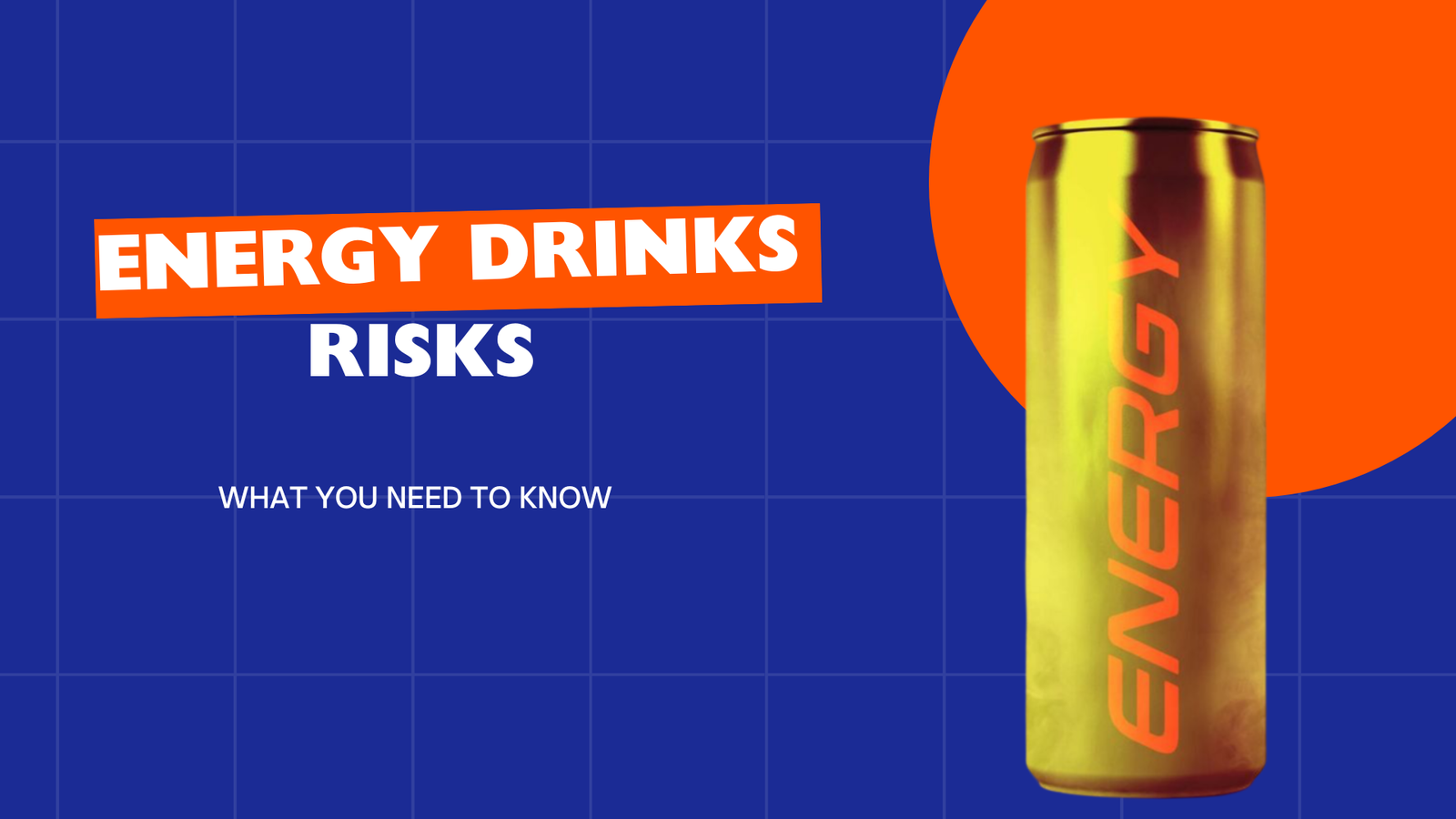Energy drinks have become essential in the diet of many people who seek to stay alert, increase their energy, and improve their concentration. Despite their popularity, there are ongoing debates about their safety and health effects, especially for younger consumers. In this article, we will delve into the components of energy drinks, their benefits, and their potential risks. By understanding these factors, you can make informed choices about whether to include energy drinks in your diet.
What Are Energy Drinks?
Energy drinks are beverages designed to boost energy levels and improve mental performance. They typically contain significant amounts of caffeine, which is the primary ingredient responsible for these effects. The caffeine content varies depending on the brand. For example, a 250-milliliter (8.4-ounce) can of Red Bull contains 80 milligrams of caffeine, while a larger 16-ounce can of Monster contains 160 milligrams of caffeine.
In addition to caffeine, energy drinks often contain other ingredients, such as:
- Sugar: The main source of calories in energy drinks, providing a quick energy boost.
- Amino Acid Derivatives: Such as L-carnitine, which play a role in energy production.
- B Vitamins: Essential for metabolism and energy production.
- Herbal Extracts: Such as ginseng and guarana, which support caffeine and increase mental activity.
Benefits of Energy Drinks:
Energy drinks do live up to some of their marketing claims. Several studies have shown that energy drinks can improve brain function and mental alertness. They can decrease mental fatigue and enhance memory, reaction time, and concentration. These effects make energy drinks useful for situations where prolonged focus and alertness are needed, such as late-night driving or extended work hours.
Disadvantages of Energy Drinks:
While energy drinks have their benefits, they also come with potential risks. Some of the disadvantages include:
- Increased Heart Rate: The high caffeine content can lead to an increased heart rate, which may cause heart issues in some individuals.
- Risk of Diabetes: Consuming energy drinks with high sugar content regularly can increase the risk of developing diabetes.
- Mixing with Alcohol: Combining energy drinks with alcohol can be dangerous. The caffeine can mask the depressive effects of alcohol, leading to higher alcohol consumption and an increased risk of alcohol-related injuries.
Bottom Line:
While energy drinks can provide benefits such as increased alertness and improved mental performance, it’s important to consume them in moderation. The maximum recommended daily caffeine intake is 400 milligrams, and your energy drink consumption should stay within this limit. Additionally, consider choosing energy drinks with lower sugar content to reduce the risk of negative health effects.
Conclusion:
Energy drinks offer a quick and convenient way to boost energy levels and stay alert. However, their high caffeine and sugar content can pose health risks if consumed excessively. By understanding the ingredients and potential risks associated with energy drinks, you can make informed decisions about their place in your diet.
FAQs:
1. What are energy drinks?
Energy drinks are beverages containing significant amounts of caffeine and other ingredients designed to boost energy levels and improve mental performance.
2. Are energy drinks good or bad for you?
Energy drinks can provide benefits such as increased alertness and improved concentration, but they also come with potential risks, especially if consumed excessively.
3. What are the risks of consuming energy drinks?
Risks include increased heart rate, a higher risk of diabetes due to high sugar content, and potential dangers when mixed with alcohol.
4. How much caffeine is safe to consume daily?
The maximum recommended daily caffeine intake is 400 milligrams.
5. Can energy drinks help improve mental performance?
Yes, studies have shown that energy drinks can improve brain function, memory, reaction time, and concentration.
6. Should I avoid energy drinks with high sugar content?
Yes, it’s advisable to choose energy drinks with lower sugar content to reduce the risk of negative health effects such as diabetes.
